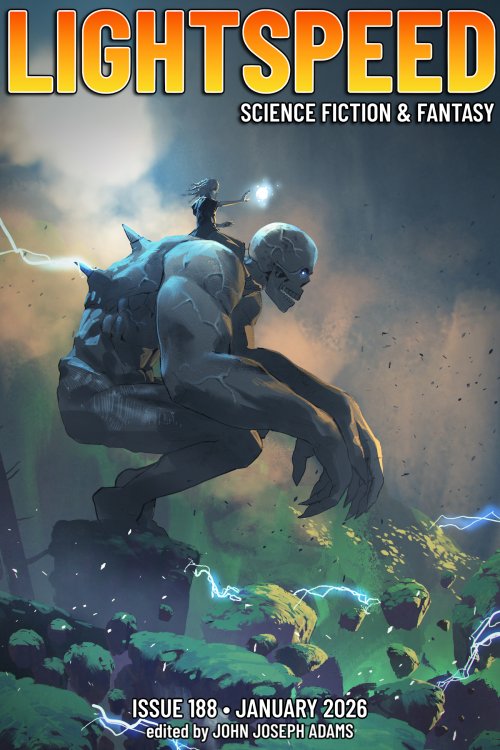“You Will Never Know What Opens” is a fantastic piece, one of wonder, mystery, and danger, and the second-person perspective really brings the reader into the story. What was the inspiration behind it?
I rarely know what, exactly, inspires any of my stories, so this is a hard question to answer. I can point to a few small things here and there—learning French for the sake of a cute guy from Quebec is based on a real story, for instance. The story was written in the summer, when the Florida heat tends to keep me fairly housebound, so the desire to escape the house for a bit seems to have crept in there. And of course, when I was a kid, I was always hoping that the next time I opened up a wardrobe door, I would be able to see Narnia. It never happened—and alas, the walls of my current closet seem all too solid—but I suppose I’ve never really given up that hope.
Second person is a risky POV to write in, but it works wonders in this story. What made second person the best choice for “You Will Never Know What Opens”?
I always imagined myself traveling along with the kids who visited Narnia and Oz, so I suppose using second person here was my way of allowing readers to do the same.
Do you have anything coming up next that you’d like our readers to know about?
Lots of things in the works, but nothing I can officially talk about yet. So instead, I’d like to point at something from earlier that I’m still excited about: my poetry novella, Through Immortal Shadows Singing, a retelling of the life of Helen of Troy in her own words, which recently came out from Papaveria Press.
If you had a house with doors that led to all sorts of new worlds, which one would you like to explore the most?
My first instinct was to answer this with “Oz,” but then I realized—we never really know how much we’ll want to see of a place until we get there, do we? So my actual answer would be whichever place offered the best food and the best stories. I probably wouldn’t just explore that world; I’d get lost in it.
Enjoyed this article? Consider supporting us via one of the following methods:







